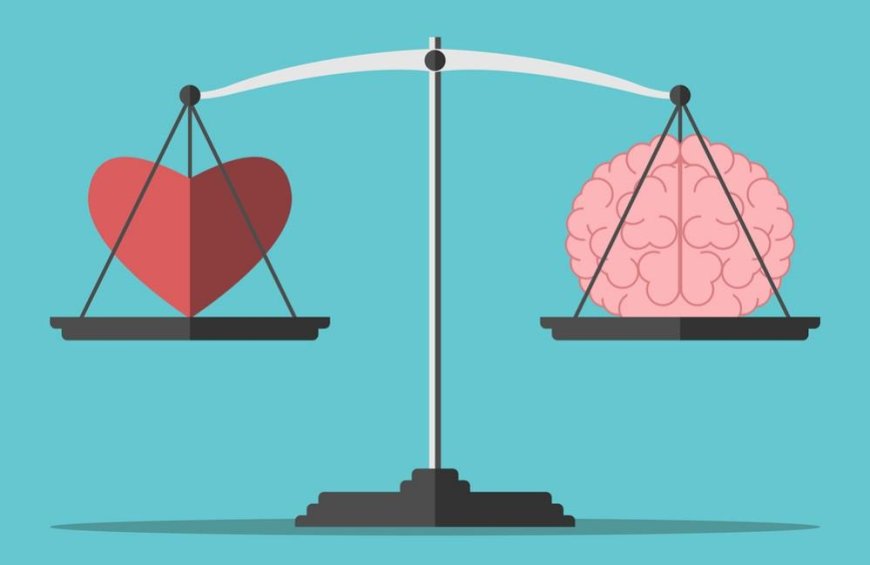Key elements of Emotional Intelligence
The development of emotional intelligence during childhood and pre-adolescence is essential to guarantee an optimal evolutionary development

The development of emotional intelligence during childhood and pre-adolescence is essential to guarantee an optimal evolutionary development of the child, since it will enable the minor to acquire the necessary skills to manage their emotions towards oneself and towards others.
But before delving into the different tools that will allow us to work on emotional development during this stage of our lives, it is essential to specify, with clear clarity, what are the key aspects or basic pillars of emotional intelligence, in order to be able to understand what aspect, or aspects, of the child's behavior we will be working on at all times.
Thus, we must start from the fact that intelligence is the ability of human beings, as a species, to solve their vital problems and guarantee their survival. When we are born we have a series of innate capacities, but which are in an 'embryonic phase', using a play on words, since they require subsequent learning and training to reach their full potential.
Based on this premise, the emotional aspect of intelligence in a general sense is made up of four basic parameters, which we will define below:
Ability to understand and understand one's own emotions and feelings; This aspect constitutes the cornerstone on which the acquisition of emotional competences in the child gravitates, since we can only work on our emotions if we have the ability to perceive, categorize and accept them.
Self-esteem; It is closely related to the previous capacity, it is already determined by the mental scheme that we have of ourselves or self-concept.
Must Read: Problems with your partner?
This perception or vision of our own existence is decisive in the formation of behavior, by establishing the structure from which to understand how each individual perceives the environment that surrounds him and, ultimately, how he interacts and behaves in his relationship with this.
Self-esteem constitutes the greatest conditioning factor of human beings towards their own evolutionary development and capacity for intellectual and emotional growth, because it will be the one that establishes the limits of the objectives that 'we believe we are capable of achieving', conditioning not only the present, but also the vital and social future of the child.
Ability to manage and control emotional impulses and situations; We must be aware that basic emotions are part of our own biological nature, which implies that we cannot avoid their appearance, but we can learn to manage and handle them in one sense or another.
At this point, education plays a fundamental importance as a transmitter of the values ‹‹that define the cultural context in which the minor is immersed during their childhood, since cultural conditioning has an enormous influence on what is acceptable in society and what is not. .
Thus, by way of example, biological emotional components such as desire or anger can be channeled, if these aspects are properly worked on, towards culturally accepted behaviors such as flirting or irony.
Ability to understand and understand the feelings of others; Various authors consider that the true contribution of emotional intelligence lies in the individual's ability to correctly identify the feelings of others, through what is known as empathy or 'perception of the other'.
From an early age, at the end of the first year, babies are able to react to the facial expressions of the person with whom they interact, which implies that they are able to understand their emotional positioning, although for there to really be full empathy It is necessary to work so that, in addition to identifying an emotion, the children make it their own, putting themselves in the place of the other person.
